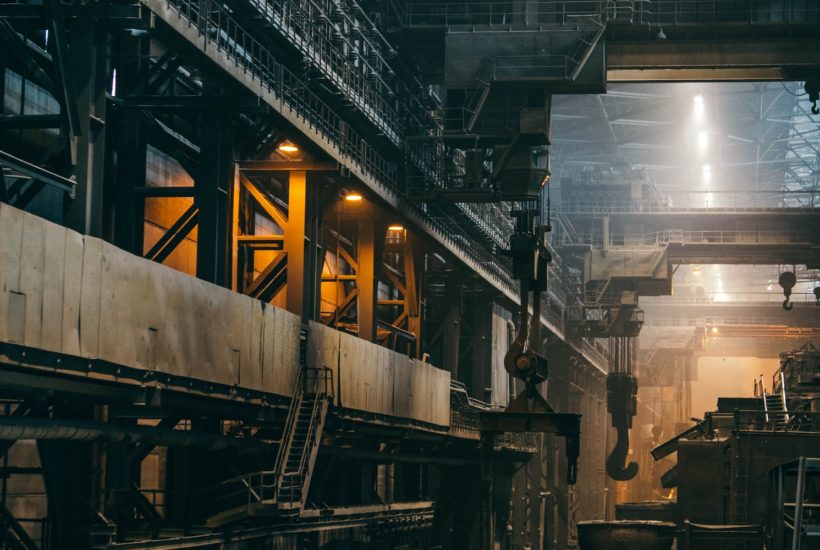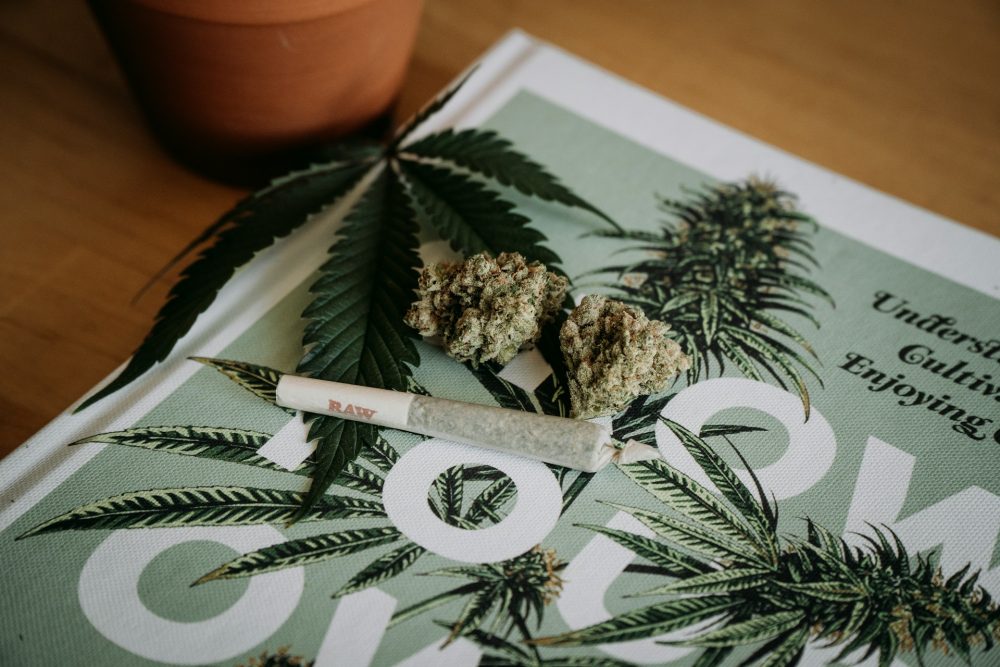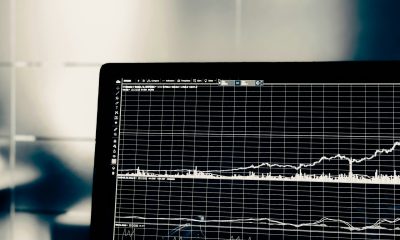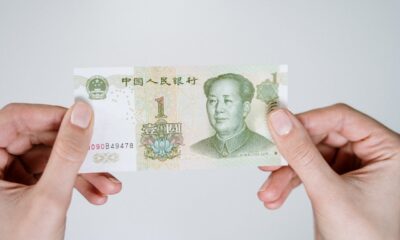Business
New regulations and export duties are pushing companies out of China
Wages are rising in China, and new environmental regulations cost entrepreneurs a lot of money. The country is transforming itself from a cheap production and export country into an economy driven by consumption. That is the reason why many factories are struggling and are looking for a new home. Southeast Asia could replace China as the most popular investment destination in the world.

Companies are looking for new locations on a massive scale. Direct investment in Southeast Asia is booming. The Chinese entrepreneur Lau Tat Pongs, the owner of a metal coatings and railings factory, is concerned about China’s new export duties as he moves his operations abroad.
Many other publications overlook breaking business news focused on marketing or other business strategies. Born2Invest mobile app helps readers to be up to date with the newest information in this field and others, among which finance, biotech, markets, cannabis, fintech and Asia.
Lau Tat Pongs is sitting in the meeting room of a factory site, about an hour east of the capital Bangkok. The Chinese entrepreneur is served green tea and is still in good spirits. But then comes the disappointment: “We have another interested party for the factory you are interested in,” says Krichaya Opassathian, sales representative at the industrial park operator Amata. “He will probably sign this week.”
The bad news is that Lau is familiar with these problems. The America-China trade war has caused deep problems for Chinese industry. In Dongguan in southern China, Lau produces metal coatings and metal railings for building facades.
Due to the new tariffs, the company’s products in the U.S. became three times more expensive. For Lau, that was the last straw. Wages are constantly rising in China, and new environmental regulations are costing him a lot of money. So Lau is looking around in Southeast Asia for a new factory site.
Lau stands for movement. A whole bunch of companies are pushing out of China. The country is transforming itself from a cheap production and export country into an economy driven by consumption. A difficult transformation for long-established companies, costs and salaries rise.
Many companies are therefore looking for a new home for the factories they have operated in China so far. This rush to South East Asia has its problems, countries like Thailand and Vietnam do not have the infrastructure to keep up with demand.
According to the United Nations Conference on Trade and Development (Unctad), foreign direct investment of $155 billion flowed to Southeast Asia last year, which is an absolute record. Thailand, for example, saw direct investment increase by two-thirds to $13 billion in 2018. This year, according to Unctad, Southeast Asia replaced China as the most popular investment destination in the world.
According to a recent survey, more than 70% of the U.S. companies operating in southern China are considering postponing investments or relocating production to other countries, with Southeast Asia the most likely target.
Panasonic relocated the production of car radios from China in October 2018. Other companies such as Yokowo, Sumitomo and Daikin Industries have also begun to relocate.
Ten years ago, Lau established its customer base in the U.S. “In the first few years, I burned a lot of money,” he said. It wasn’t until 2014 that he started making profits there. Among other things, his company provided the steel facade of the 100-11th Avenue building designed by star architect Jean Nouvel. Around 25% of his customers now come from the U.S. and the trend is rising.
Customs duties were like cold water for his company’s expansion, said Lau. He can’t afford the extra costs. “My profit margin is only 8 to 10%,” says Lau. So far, his U.S. customers have shouldered the entire price increase.
There is hardly anything else left for them, some products like the imitation of marble on metal cannot be manufactured by the Americans so far at all. What also helps is that many products cost only a third of the U.S. price. “My American business partners currently have no choice but to pay more,” he said. But there is considerable concern that low-cost competition from other countries will take his business away.
__
(Featured image by Ant Rozetsky via Unsplash)
DISCLAIMER: This article was written by a third party contributor and does not reflect the opinion of Born2Invest, its management, staff or its associates. Please review our disclaimer for more information.
This article may include forward-looking statements. These forward-looking statements generally are identified by the words “believe,” “project,” “estimate,” “become,” “plan,” “will,” and similar expressions. These forward-looking statements involve known and unknown risks as well as uncertainties, including those discussed in the following cautionary statements and elsewhere in this article and on this site. Although the Company may believe that its expectations are based on reasonable assumptions, the actual results that the Company may achieve may differ materially from any forward-looking statements, which reflect the opinions of the management of the Company only as of the date hereof. Additionally, please make sure to read these important disclosures.
First published in Handelsblatt, a third-party contributor translated and adapted the article from the original. In case of discrepancy, the original will prevail.
Although we made reasonable efforts to provide accurate translations, some parts may be incorrect. Born2Invest assumes no responsibility for errors, omissions or ambiguities in the translations provided on this website. Any person or entity relying on translated content does so at their own risk. Born2Invest is not responsible for losses caused by such reliance on the accuracy or reliability of translated information. If you wish to report an error or inaccuracy in the translation, we encourage you to contact us.

-

 Fintech7 days ago
Fintech7 days agoFirst Regulated Blockchain Stock Trade Launches in the United States
-

 Africa2 weeks ago
Africa2 weeks agoAir Algérie Expands African Partnerships
-

 Cannabis2 days ago
Cannabis2 days agoAurora’s Electric Honeydew Debuts in Poland, But Shared Registry Raises Patient Caution
-

 Markets1 week ago
Markets1 week agoRising U.S. Debt and Growing Financial Risks























